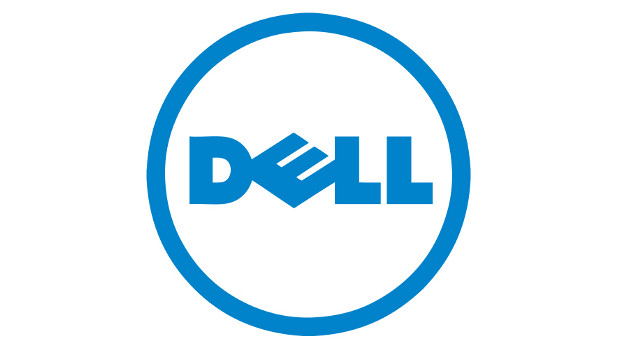 It’s a strange reaction to have but my first response to the news that Dell was acquiring EMC for a record $67 billion wasn’t one of awe at its value or concern for the thousands of jobs it may affect in Ireland. It was one of relief. A record deal was being reported from the technology sector where one company that actually makes things is bought out by another company that actually makes things. There’s comfort in knowing that the machinery that powers the knowledge economy still commands a market value above that of social networks and online services.
It’s a strange reaction to have but my first response to the news that Dell was acquiring EMC for a record $67 billion wasn’t one of awe at its value or concern for the thousands of jobs it may affect in Ireland. It was one of relief. A record deal was being reported from the technology sector where one company that actually makes things is bought out by another company that actually makes things. There’s comfort in knowing that the machinery that powers the knowledge economy still commands a market value above that of social networks and online services.
Enough of that. My second response was more sober: the consumerisation of IT is dead. More accurately, the trend of OEMs embracing consumer technology and applying it to the business space is over. Or, better still: the idea that you can get everything from one shiny exciting brand is over.
Not that the consumerisation trend was much of a revolution. The ripple effect from the iPhone circa 2007 meant that advances in the consumer space outstripped those in the business space. People demanded more capable devices their companies couldn’t offer, so they filled in the blanks themselves. This gave us ‘bring your own device’ – an admission that IT departments could not service their users, so the best they could do is make sure nothing bad is brought into a company’s IT estate. Through our TechFire briefings I heard plenty of stories of IT departments struggling to sanction the use of iPhones and iPads. The opportunity for OEMs was obvious: provide devices to a similar standard and leverage your market position to create a corporate IT ecosystem. Dell was ideally positioned to do this. A massive product portfolio, feet in consumer and business camps meaning it had no problem with brand recognition.
But it didn’t happen.
I’m not going to lay all the blame for the failure of OEMs to create both B2B and B2C ecosystems at Dell’s door. Only a handful of companies had the capability to so do. Of those who could, only Lenovo strikes me as a company with the competence or the range to beat out Dell or HP. If only it could find a way to be more interesting.
Why was ‘like Apple only for business’ such a hard sell? Did anyone think to sell this message at all?
Some years ago I was at a product briefing for Dell at the Roundhouse in London. The venue was divided up into sections for gaming and home PCs; thin clients; servers; and some wacky prototypes I wish I could remember more about. Also around the place I noticed plenty of Dell smartphones owned by the US company reps. I was impressed by how much ground Dell covered but how poorly it was marketed. An entire ecosystem without a joined up message to push it.
What will we see from Dell with EMC on-board? Owner Michael Dell will say it’ll be business as usual but this new Dell with its businesses weighted down by a new storage arm will have significant reach into the infrastructure market. IT departments will notice but consumers will be unaffected. There won’t be anything to trouble iconic devices like the iPad or iPhone out of this deal. There will be solid services for businesses with the Dell stamp.
Of course, I could be wrong. Maybe this is where it begins. Dell has a 13% market share of the PC industry (putting it third in the world behind Lenovo and HP) and, soon, massive infrastructure and software-as-a-service wings. Its new products include a series of tablets on Windows and Android, and ultra-mobile laptops. The only thing it lacks is that elusive smartphone component.
Dell’s purchase of EMC is a show of confidence in enterprise but it’s also a declaration of intent. The recession is over. Minds are clear. You don’t have to be all things to all people. Better boring and profitable than a shiny failure. Dell is betting big on boring. And boring suits everyone just fine.








Subscribers 0
Fans 0
Followers 0
Followers